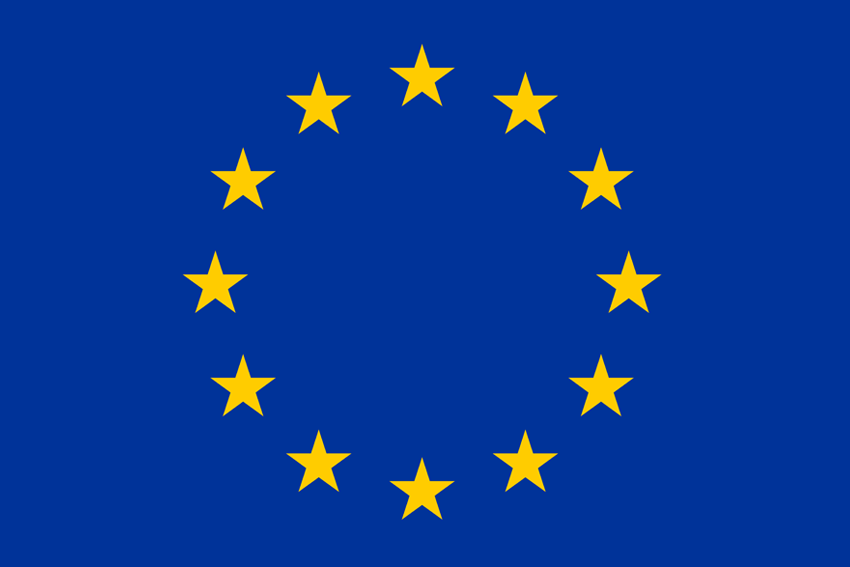
EU Referendum: Pros and Cons of Leaving the EU
There’s been much debate surrounding the highly anticipated EU referendum, which is set to be held on Thursday the 23rd of June, where the UK will settle a question that’s been rumbling at the surface of British politics for generations: should Britain remain within or leave the European Union.
It’s being held because it was promised by the Prime Minister, David Cameron when he won the 2015 general election. As far as the public go, they appear to be evenly split – this is according to the latest opinion polls by YouGov.
The UK Independence Party, the DUP, half of Conservative MPs, including five cabinet ministers and several Labour MPs are all in favour of Bretix. On the other hand, David Cameron, the Labour Party, SNP, Plaid Cymru, the Lib Dems and even Barack Obama are all in favour of Britain remaining in the EU.
The greatest uncertainty with leaving the EU is that no other country has ever done it before, so no one can predict the exact result. Having said that, many have definitely tried.
The Pros and Cons
Membership Fee
Leaving the EU would result in an immediate cost saving. The country would no longer be expected to contribute anything to the EU budget. Last year alone Britain paid £13bn and although they received £4.5bn worth of spending their total net contributions totalled to £8.5bn; to put this figure into perspective though this equates to 7pc of what the Government spends on the NHS each year.
Economy/Trade
The primary argument for staying in the EU is ‘free trade’. The European Union have an established single market which allows for free imports and exports across the state member countries. The vast majority of UK exports go to EU countries, 50pc to be exact, followed by the USA with 15pc.
The membership currently allows Britain to have a say over how trading rules are drawn up. Considering the fact that the EU is currently negotiating with the US to create the world’s biggest free trade area, leaving, would put both markets at risk. Not to mention, that there are companies that are precisely established in the UK because of it’s access to EU markets; if Britain leaves, they are sure to move.
A proposed counter argument is that Britain would be free to establish its own trade agreements, but in essence, we would still be obliged to follow EU rules if we wanted to sell to them, the only difference is, we wouldn’t have any influence on what those rules and regulations were.
Investment
The potential outcome and its consequences if we leave the EU has been the cause of much uncertainty in the run-up to the vote. This is likely to scare businesses and inward investment is likely to slow just as it did before the Scottish Independence referendum in 2014.
Migration/Immigration
By leaving the EU, Britain would regain control of its borders because as it stands, EU law grants anyone the ability to live and work in any other member state without requiring a visa.
This has resulted in a huge influx of immigration into the country, 1.73m from Eastern and Southern Europe which seems a lot, however, compared to the 2.93m workers from outside the EU – China and India are the biggest sources of foreign workers in the UK, this number isn’t so drastic.
Jobs/Travel
There are around 1.4 million British people living and working abroad in the European Union, which is made possible because we are part of it. The membership makes movement around the continent incredibly easy, not to mention that driving licenses issued in the UK are also valid in all EU countries.
There are an estimated 3.5 million jobs in the UK, which are linked directly to the EU, that will be at risk of being lost if Britain decides to leave; ultimately leading to labour shortages. As a result, this could hold the economy back and reduce its potential for growth.
Security
At a time of such instability in the Middle East and in the face of Russian nationalism and aggression, the EU serves as a huge pillar of security. It helps Britain to work effectively in the exchange of criminal and passenger records and combine military efforts to work together on counter-terrorism.
The European Arrest Warrant also facilitates the complicated extradition procedures so criminals can be brought to justice across the EU.
In Closing
No other country in history has ever successfully left the EU before. The potential outcome, consequences or benefits are all speculative. Whether leaving or staying in the EU is good for the country is all a matter of perspective, values and what we deem important – national security, people’s jobs, stability and families, our ability to travel and work freely across the continent, stricter border controls etc. That will all be revealed on Thursday the 23rd of June when we discover what the British public truly deem important.
